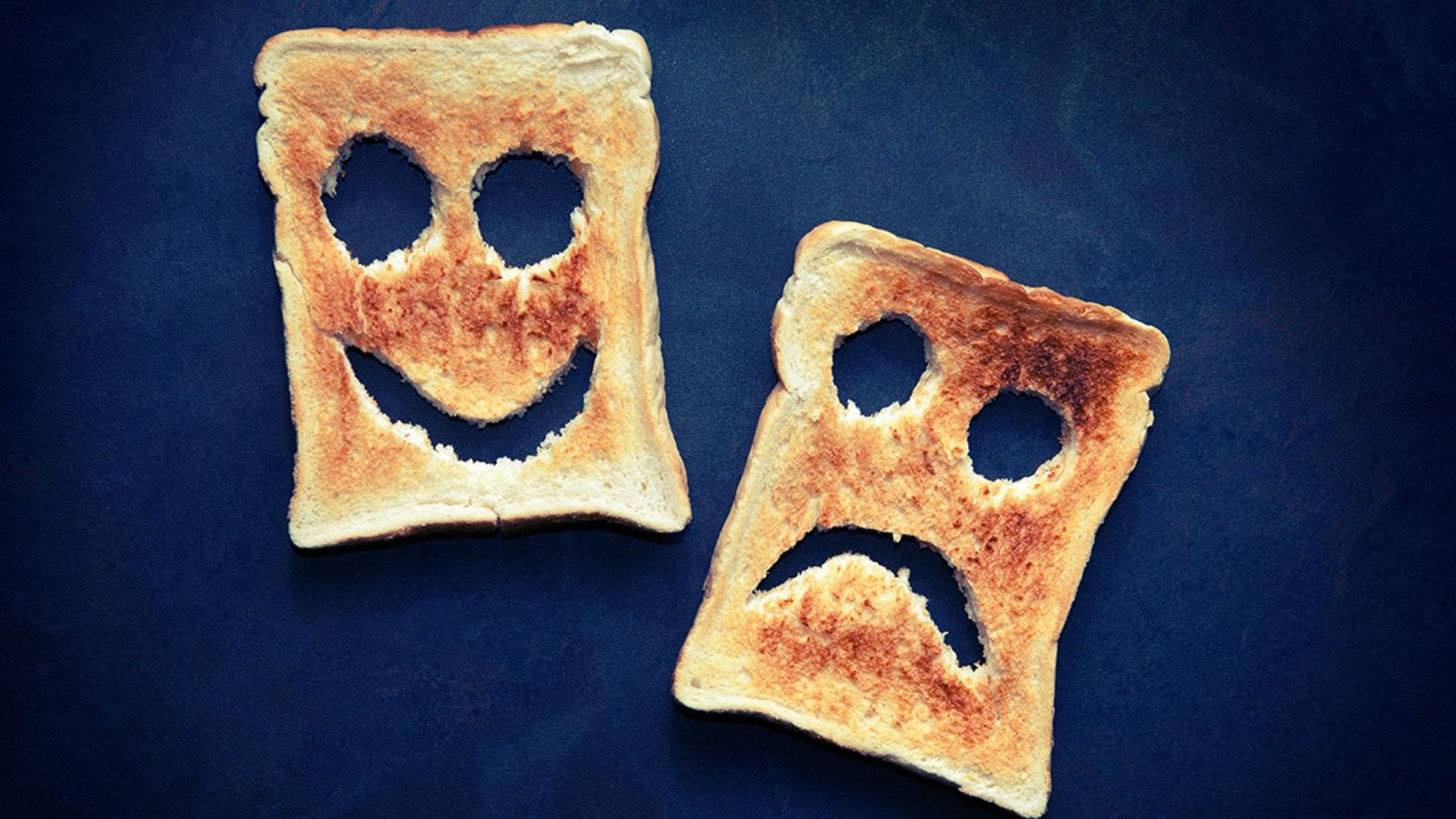Stress is a common part of life, but it can have a significant impact on your weight loss journey. Understanding how stress affects your body can help you manage its effects and stay on track with your weight loss goals. Here’s how stress can influence your weight loss efforts and what you can do to mitigate its effects.

The Connection Between Stress and Weight Loss
To begin with, stress affects weight loss in several ways. It can disrupt your metabolism, alter your eating habits, and impact your overall health. By understanding these connections, you can better manage stress and support your weight loss goals.
1. Stress and Metabolism
Firstly, stress can slow down your metabolism. When you are stressed, your body releases hormones like cortisol and adrenaline. These hormones can alter how your body processes and stores fat. For instance, high cortisol levels can lead to increased appetite and cravings for high-calorie foods. This metabolic disruption can make it harder to lose weight.
2. Stress-Induced Emotional Eating
Additionally, stress often leads to emotional eating. When you are stressed, you may turn to food for comfort, which can result in overeating or choosing unhealthy foods. This type of eating is often referred to as “stress eating” or “emotional eating.” Consuming high-calorie comfort foods in response to stress can hinder your weight loss progress.
3. Impact on Sleep Patterns
Furthermore, stress can negatively affect your sleep patterns. Poor sleep quality or insufficient sleep can disrupt your body’s ability to regulate hunger and appetite. Studies show that lack of sleep can increase cravings for unhealthy foods and decrease your willpower to resist them. This disruption can make it more difficult to stick to your weight loss plan.
4. Stress and Physical Activity
Stress can also impact your level of physical activity. When you are stressed, you might feel too exhausted or demotivated to exercise. Additionally, stress can lead to a lack of focus and energy, making it challenging to maintain a consistent workout routine. Reduced physical activity can slow down your weight loss efforts.
5. Effects on Digestive Health
Moreover, stress can affect your digestive health. It can lead to gastrointestinal issues such as indigestion, bloating, and abdominal pain. These digestive problems can make it uncomfortable to eat and can interfere with your ability to stick to a healthy diet. A disrupted digestive system can further impact your weight loss progress.
Managing Stress for Better Weight Loss
To manage stress effectively and support your weight loss goals, consider the following strategies:
- Practice Relaxation Techniques: Engage in relaxation techniques such as deep breathing, meditation, or yoga. These practices can help reduce stress levels and improve your overall well-being.
- Stay Active: Incorporate regular physical activity into your routine. Exercise can help alleviate stress and boost your mood, making it easier to stay on track with your weight loss goals.
- Maintain a Balanced Diet: Focus on a balanced diet that includes plenty of fruits, vegetables, whole grains, and lean proteins. Avoid using food as a way to cope with stress.
- Get Adequate Sleep: Prioritize good sleep hygiene to improve your sleep quality. Aim for 7-9 hours of sleep each night to support healthy metabolism and appetite regulation.
- Seek Support: If you find it challenging to manage stress on your own, consider seeking support from a therapist or counselor. Professional guidance can help you develop effective stress management strategies.
Conclusion
In conclusion, stress can significantly affect your weight loss efforts by disrupting your metabolism, influencing your eating habits, and impacting your overall health. By understanding these effects and implementing strategies to manage stress, you can better support your weight loss goals. Practice relaxation techniques, stay active, maintain a balanced diet, and prioritize good sleep to mitigate the impact of stress and achieve successful weight loss.



